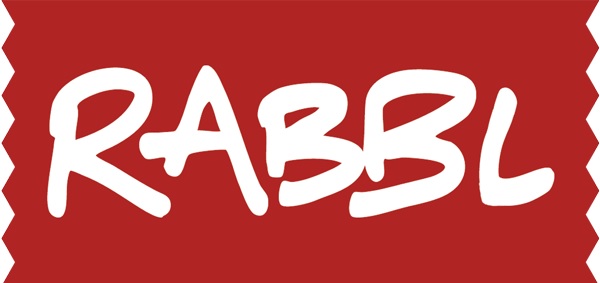Rabbl Wants to Help Bands Play High Energy, Successful Shows

I love music, I just can’t play it. But my lack of musical talent is okay, I enjoy music as a fan. Concerts are great and I’m always stoked when a band I like releases new music. I even have friends who are in bands. And despite my musical ineptitude, my brothers have their own band and are quite good. This is why when I was introduced to a new service called Rabbl I knew we had to cover it.
Like me, Rabbl CEO and co-founder Wade Lagrone has a lot of musician friends. But Mr. Lagrone noticed something that many people have over the past several years: it’s getting harder to get noticed than ever before. The reason for this is simple: it’s easier and a lot less expensive to create high quality recordings. This has led to more bands flooding the market with music. But despite the fact that there are more bands, the number of venues has been stagnant or even shrinking.
Mr. Lagrone decided this was a problem he wanted to tackle. It’s a big problem, but he thinks his solution, Rabbl, offers bands and artists a great opportunity. Before we get into how Rabbl improves the way a band books a show, let’s examine the “old way” bands booked shows. “Maybe you get an electronic press kit — and then say you want to play in a club you’ve never played in before, you go to their website, and shoot them an email (keep in mind they get hundreds every day).” says Mr. Lagrone. After that it’s a waiting game to see if you hear back. “If the club talent person doesn’t know you, it’s tough to get in because they are overwhelmed. And if the club does look at it, they don’t always know whether booking this band will make sense for them.”
The last thing a venue would want is to book a band who can’t get people in the door. It’s bad for everyone.
So how does Rabbl solve this problem?
In an effort to make things as seamless and smooth as possible for everyone involved, from the band to the venue to the fans, Rabbl has developed a way for a band to pitch the idea for a show in a particular city, once the band creates the event/show, they need to start promoting it and getting people to buy tickets. Once the band reaches its ticket sales goal for the show, it can get in contact with a venue and tell them they have sold this many tickets and would like to book a show. After the show is booked, tickets are sent to the fans, and finally once the show has been played Rabbl sends the money to the band.
It’s a good start at a solution to a growing problem.
Promoting a show isn’t an easy task, just ask any band. Rabbl does take some steps to help with promotion, for example, it creates an entry on the band’s Facebook page, and anytime a fan votes on the band’s Rabbl it is also broadcasted to their friends. One major problem recognized by Rabbl is that playing a show in a city you have never been to can be tough to get people to buy tickets for. In order to help remedy this problem Rabbl allows bands to share a Rabbl, for example, a San Francisco band wants to play Reno but doesn’t know anyone in Reno, you can join up with a Reno band and you can all be on the same bill.
According to Mr. Lagrone, these features are just the beginning. The company is currently developing more ways to help band’s promote shows.
Rabbl to the rescue
The company is also working on expanding its venue partnerships which will make it even easier for bands to book shows using Rabbl. They currently have a handful of partner venues but are working on more along with publishing standards in terms of how to get booked using Rabbl that will include details such as the number of tickets that need to be sold, any revenue requirements, and lead time.
Mr. Lagrone told me that there is “tremendous interest” from venues about getting on board and that he wouldn’t be surprised if the venue partnerships doubled in the next three months.
While Rabbl is currently geared towards smaller acts, the company is also interested in offering its services to national acts as well. So a national act could use Rabbl to determine whether to turn free days on the road into concert days in towns that may not have been booked or even let fans completely plan the tour.